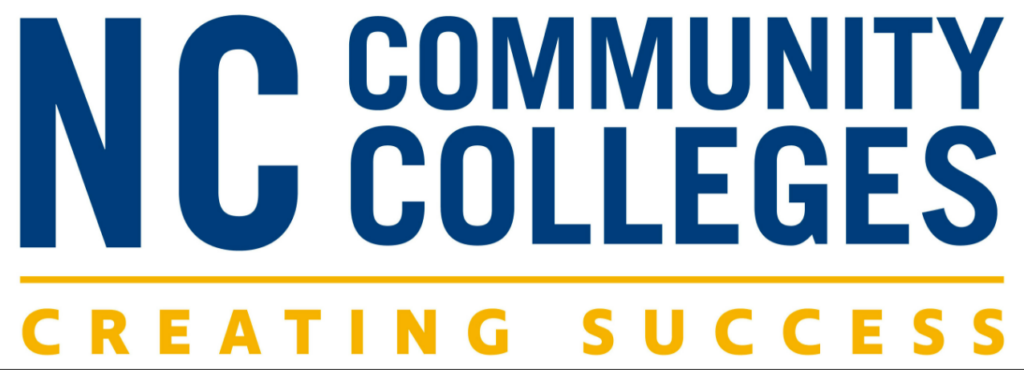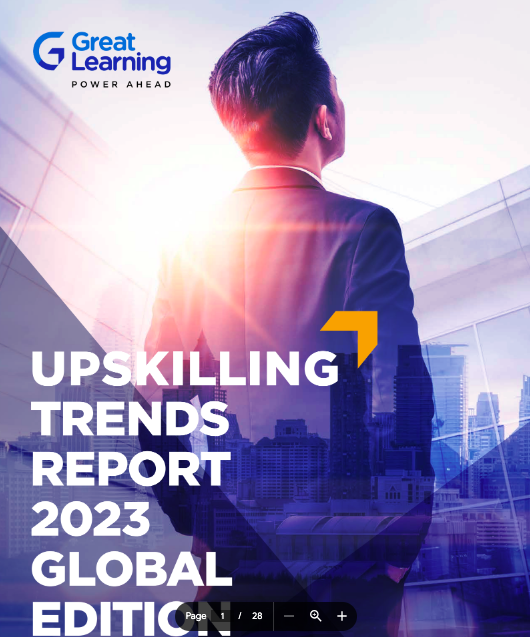Canadian college and university students do not prioritize a company’s support for diversity & inclusion or gender equality in their career decisions. Instead, students prioritize high future earnings. This is according to a talent study from Universum, an employer branding research firm. In 2023, students from Canada are expecting CA$66,678 in salary before bonuses and “high future earnings” is the single most important attribute when considering a potential employer.
Universum surveyed over 28,000 Canadian students to understand their career goals, aspirations and perceptions of 200 employers worldwide. Each year they ask students to identify the employers they think are most relevant on campus, and this feedback forms the basis of their employer list. Find the full list of the Most Attractive Employers in Canada here.

Notable findings from the 2023 Canada research include:
Soft economy lifts “practical” priorities. Given slowdowns in hiring, students are more focused on compensation-related employer attributes like high future earnings (the #1 choice) and competitive base salaries (up seven points to #5), and putting less weight on “soft” qualities like leadership opportunities and opportunities to make an impact (both down multiple points in 2023).
Remote work is a need-to-have, but concerns persist. This year 80% of students say they’re interested in working remotely at least part of the time, up two points since last year; however, students have complicated feelings about remote work. 55% worry they will miss out on social connections with colleagues, up 6 points from last year.
Quality-of-life factors remain strong for Canadian students. In previous economic slowdowns, quality-of-life factors tended to drop down the priority list; yet in 2023, flexible work and work-life balance remain at #3 and #4 — a sign these two issues are non-negotiables for many young people.
“In 2023, young university students are undergoing a significant shift in their expectations and priorities,” notes Jason Kipps, CHRL, Managing Director of Universum. While factors like job security concerns may change with a stronger economy, the enduring trend is the emphasis on improving the quality of life in their careers. To attract diverse candidates, companies must move beyond tokenistic diversity content and instead focus on authenticity. Longer-form content is more effective in conveying their genuine diversity story.”
North Carolina career coaches served more than 30,000 K-12 students in the 2022-23 academic year, up 51 percent from the 2021-22 academic year, according to the NC State Board of Community Colleges. The Career Coach Program was established in 2015 as a partnership between community colleges and local boards of education across the state, placing career coaches in high schools to assist students with determining career goals and identifying educational pathways.
Sarah West, Vice Chair of the Programs and Student Success Committee for the State Board of Community Colleges, reported during an Aug. 18 State Board meeting that during the 2022-23 academic year, 100 career coaches at 46 community colleges served 30,256 students at 64 schools. That number is up from 19,930 at 57 schools in the 2021-22 academic year.

The General Assembly has shown commitment to the program since its inception, increasing their support from $500,000 in 2015 to $5.6 million in 2022. Students meet one-on-one with career coaches to discuss their career interests, identify opportunities for deeper exploration and immersion, and develop a guided pathway towards appropriate course selection related to the student’s career interest. Career coaches also engage with the local workforce by meeting with local business leaders and chambers of commerce.
“We truly appreciate the partnership with our secondary education colleagues as we all strive to provide great career exploration opportunities for our students. Building on that partnership, the Career Coach Program expansion into every high school across the state is our dream,” said Dr. J.W. Kelley, Associate Vice President of Student Services at the North Carlina Community College System. “When students have access to both career coaches and high school counselors, they are more engaged in personally relevant courses leading to fulfill their career dreams.”
Morgan Smith, Career Coach at James Sprunt Community College serving Duplin County, said career coaching is all about celebrating small wins. “Most students are not going to figure out what they want to do with their life after two or three counseling sessions. The decision usually stems from taking a class or spending time in their field of interest,” she said. “It’s a small win when students change their minds after taking a class or job shadowing because that one encounter with what seemed to be a promising career choice saved them from making a wrong decision. I cannot decide for them, but I can arrange purposeful steps for them to take toward their ultimate decision.”
Four of Smith’s students recently completed job shadowing. For three of the students, the experience solidified their career choice and for one student, it directed them down a different path, which Smith said is even better. “I personally love the job shadowing piece of the career exploration journey. Real-world experience is just as important, if not more important, than the post-secondary education you receive,” she said.
The committee also noted the established dollar-for-dollar match requirement for Tier 2 and Tier 3 counties could be reviewed for improvement, especially for rural, smaller colleges.
West reported the NC Career Coach Program is successfully helping high school students to choose a viable career path. There is broad deployment and strong engagement with coaching students as evidenced by student enrollment in both high school and community college pathways.
“Our NC Career Coaches are dedicated, amazing individuals that truly place the student first and strive to assist them on their career journey,” said Jennifer McLean, Associate Director of Student Support Services at the North Carolina Community College System. “The creativity in outreach and engagement provided by staff are why this program continues to be a shining star in the community college system. I am overwhelmed by what has been accomplished in the past year and look forward to new highlights from our new cohort.”
Great Learning, one of the leading global edtech companies for higher education and professional training, has released the Global Upskilling Trends Report 2023. The report examines global upskilling choices, focusing on five key markets based on demand for upskilling programs: Southeast Asia, United States of America, Latin America, India, and Middle East Asia. The SEA upskilling insights are based on a profiling of learners across Southeast Asia who pursued Great Learning’s programs recently along with a survey of 750+ working professionals and recent college graduates in Southeast Asia from different backgrounds. It offers valuable insights into the current trends related to the intent to upskill, top domains to upskill in, the motivating factors that drive individuals to pursue upskilling, the obstacles that hinder others from engaging in upskilling activities, and more.

77% of professionals in Southeast Asia plan to upskill in 2023 vs 74% of professionals globally.
The intent to upskill in 2023 is high among professionals in Southeast Asia, with 77% planning to invest time in upskilling themselves, whereas the global average stands at 74%. Notably, Singapore, Malaysia, and the Philippines see the most demand for upskilling courses, showcasing a significant desire among professionals to enhance their skill sets and stay abreast of technological advancements.
Professionals with more than 12 years of experience invested the most in skill development in Southeast Asia.
One key finding of the report is that over 50% of learners who enrolled with Great Learning in 2022 from Southeast Asia had 12+ years of experience, indicating that individuals with extensive work experience invested the most in skill development. When surveyed, 76% of professionals with more than 12 years of experience showed their intent to upskill in 2023.
Data science and Management were the most sought-after domains in 2022; this trend is set to continue in 2023.
- In Southeast Asia, Data Science was especially appealing in 2022. While the majority of learners had 15+ years of experience, the field was also favored by professionals with under 3 years of experience. The intent to upskill in the domain in 2023 remains high across experience levels.
- Management was the 2nd most sought-after field for upskilling in Southeast Asia, after Data Science. 50% of individuals pursuing new management skills had 15+ years of experience. This year as well, Management is the outright choice for professionals choosing to upskill. Artificial Intelligence was popular among senior professionals with 15+ years of experience, which accounted for about 60% of the learners who enrolled with Great Learning’s AIML programs in Southeast Asia.
84% of individuals in Southeast Asia consider upskilling important to future proof their career compared to a global average of 76%
More professionals in Southeast Asia consider upskilling important compared to the global average of 76%. 64% professionals in the United States of America, 66% in the Middle East and 76% in Latin America consider upskilling to be vital to future proof their careers. The trend in India is similar to that of Southeast Asia as 85% professionals in India consider upskilling important.
Office work and Affordability are the biggest obstacles preventing professionals in Southeast Asia from upskilling in 2023. In Southeast Asia, affordability and office work are the leading factors preventing professionals from upskilling with 20% and 19% professionals quoting these as hurdles. Nearly 11% of the professionals believe upskilling can compromise their social life, while 9% of the professionals do not feel the need to upskill in their current roles.

